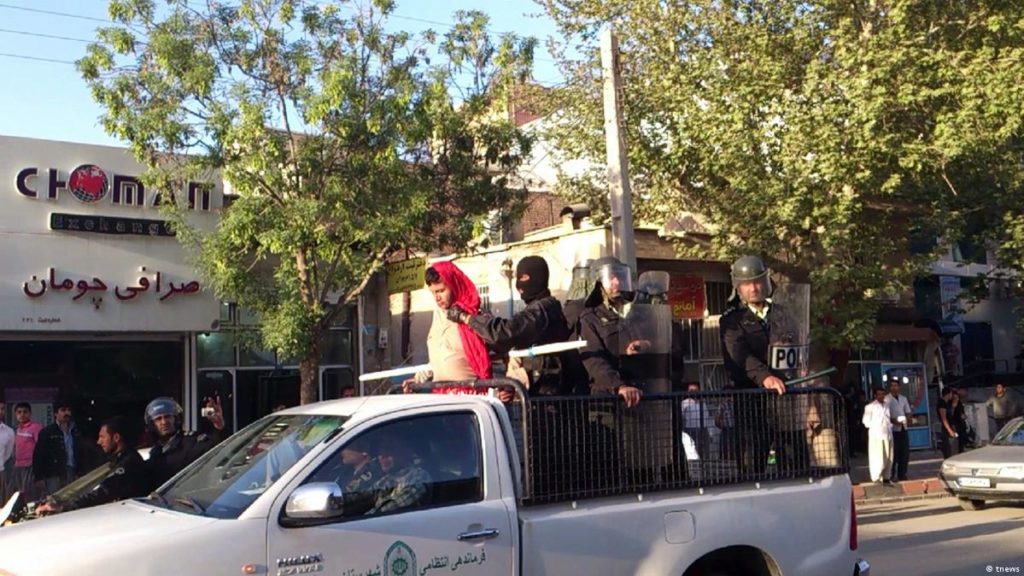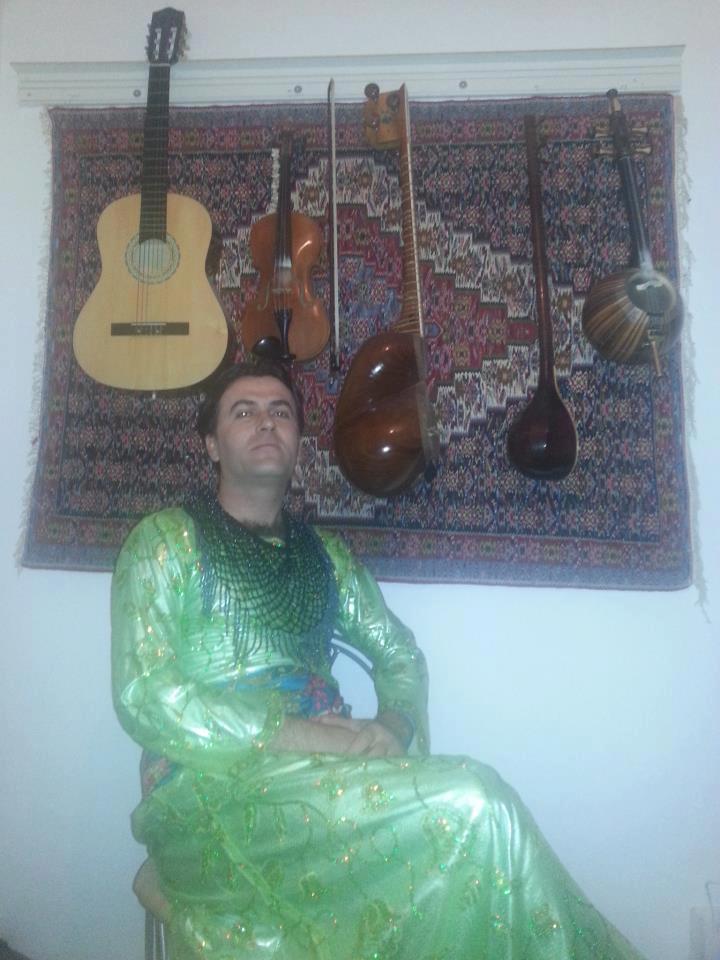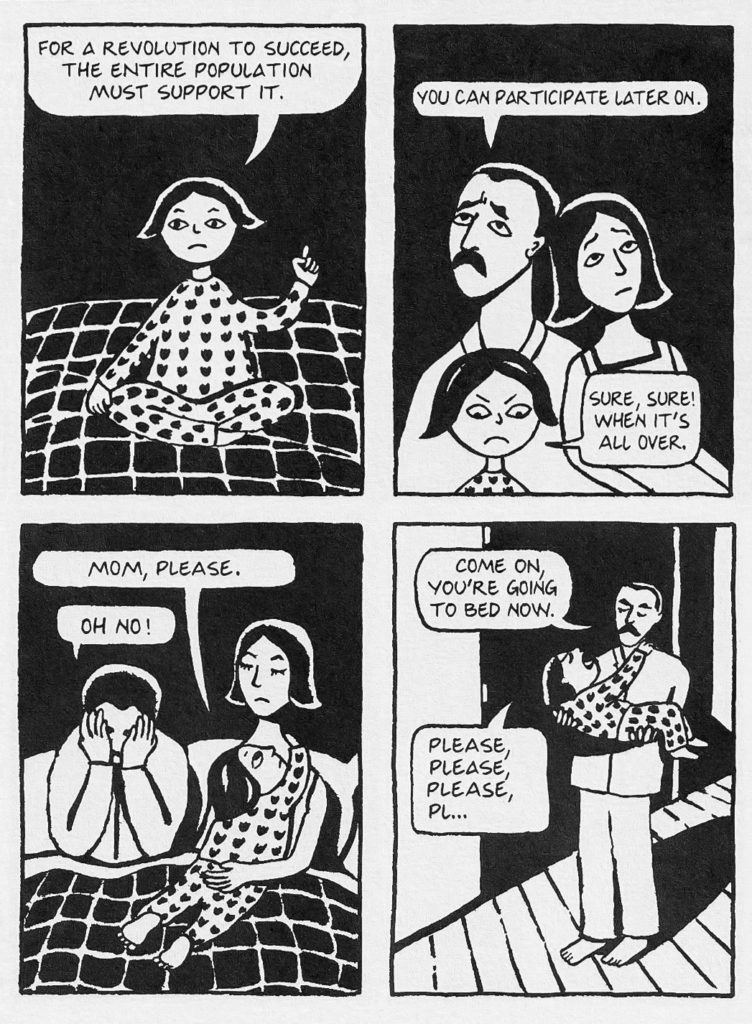Brave like a woman
In April 2013, the Iranian court in Marivan rolled out the latest punishment they’d devised: “humiliating” male convicts by parading them through the streets garbed in traditional Kurdish women’s clothing.
When news of this reached Masoud Fathi, a Kurdish man from Kardivan, he decided to stage a counter-action. He put on a beautiful Kurdish dress, had himself photographed by a friend, and published the resulting picture on Facebook, along with the following caption:
“Being a woman is not a way for humiliation or punishment!”
Kurdish men all over the world were quick to join in, helping the campaign – Kurd men for equality – amass 18,000 followers.
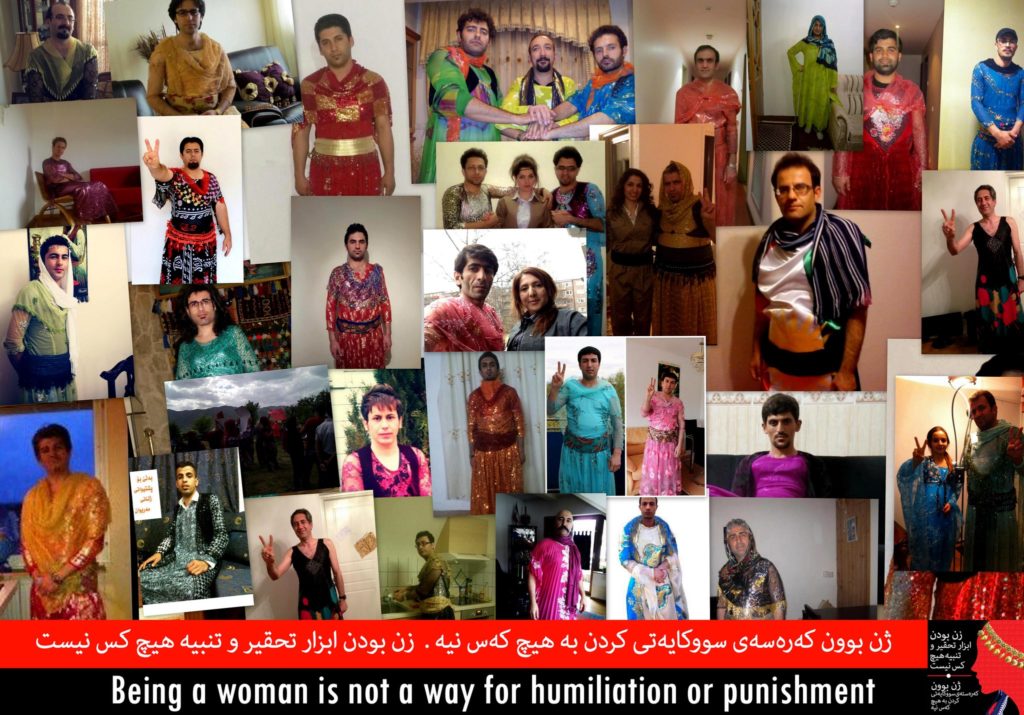
Source: Kurd men for equality on Facebook.
Fathi elaborated in an interview with the Kurdistan Tribune:
“Women are part of our personality, our character. If we oppress one part of our character, we oppress ourselves.”
In 2013, few people seemed to realize the significance of this campaign. Swedish Radio called the campaign “unusual”, and the punishment “odd”.
Ten years later, however, it seems like these Kurdish men had already discovered the perfect antidote to the Islamic Republic’s systematic humiliation of both women and minorities.
Today, fathers exclaim at their sons’ funerals: “He was brave like a woman.”
Source: @kurdistan.iran.protests
Jin, Jiyan, Azadi. Woman, Life, Freedom. Coined by Kurdish freedom fighters, this feminist slogan became the rallying cry of the Iranian people after the murder of the Kurd Jina Amini.
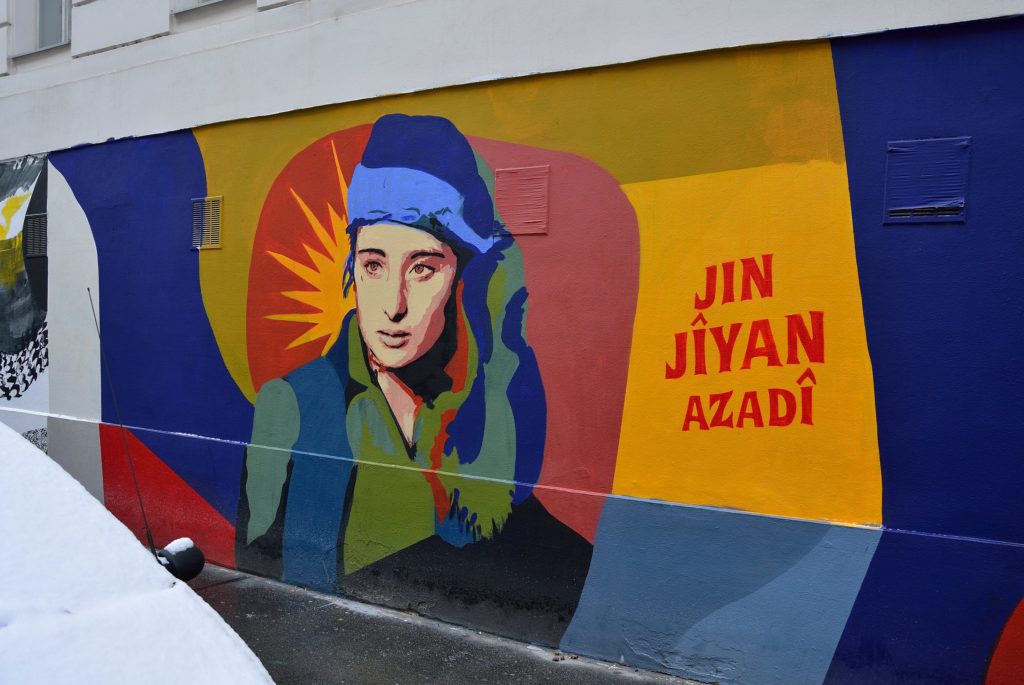
Photo: Herzi Pinki, 2021. The graffiti mural “Jian Jizan Azadi” in Vienna, by the artist Btoy, is based on a photo by Maryam Ashrafi.
Men shouting these words at the top of their lungs, placing their bodies between their fellow sisters and the guns of the regime’s security forces, since they realize that they are not free until Iran’s women and minorities are free.
Students on the campus of Teheran University chanting solidarity slogans together. The men shout: “Woman, life, freedom” (in Persian: “Zan, zendegi, azadi”), the women echo back: “Man, country, prosperity” (“Mard, mihan, abadi”).
“For a revolution to succeed, the entire population must support it.”
2022 was the year when the rest of the world realized the bravery of Iranian and Kurdish women. Hopefully, the Iranian men — who should be held up as the ideal of solidarity, and might already have inspired their progressive brothers in other countries ruled by misogynist regimes — won’t go unrecognized.
Recently, the Taliban regime in Afghanistan banned women from universities. One after another, male students could be seen leaving their classrooms to join the protests.
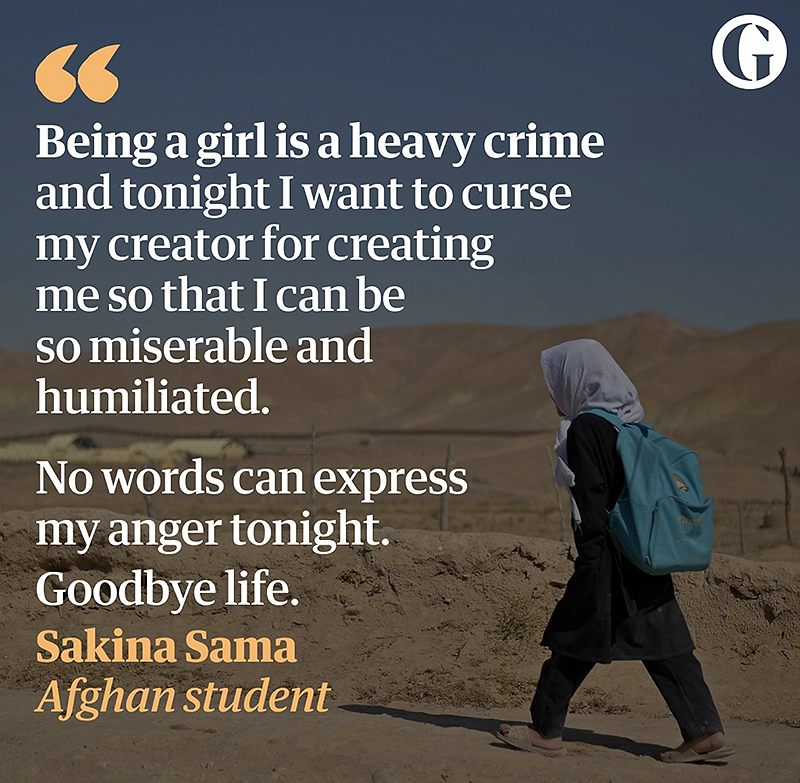
Source: The Guardian
Source: @theafghan
The insightful @aram_jajar has written two posts related to the topics discussed above:
About the origin of the Kurdish slogan “Woman, life, freedom”
About the Iranian men’s overlooked struggle for equality
“I look forward to the day when our fathers, brothers, and sons are recognized as the feminists and equality fighters that they are. Those who stood next to our mothers and their sisters during the previous revolution, and who are now absorbing punches and bullets intended for our sisters. The day when whiteness stops trying to rescue us from them.”
Back to all posts about Iran

